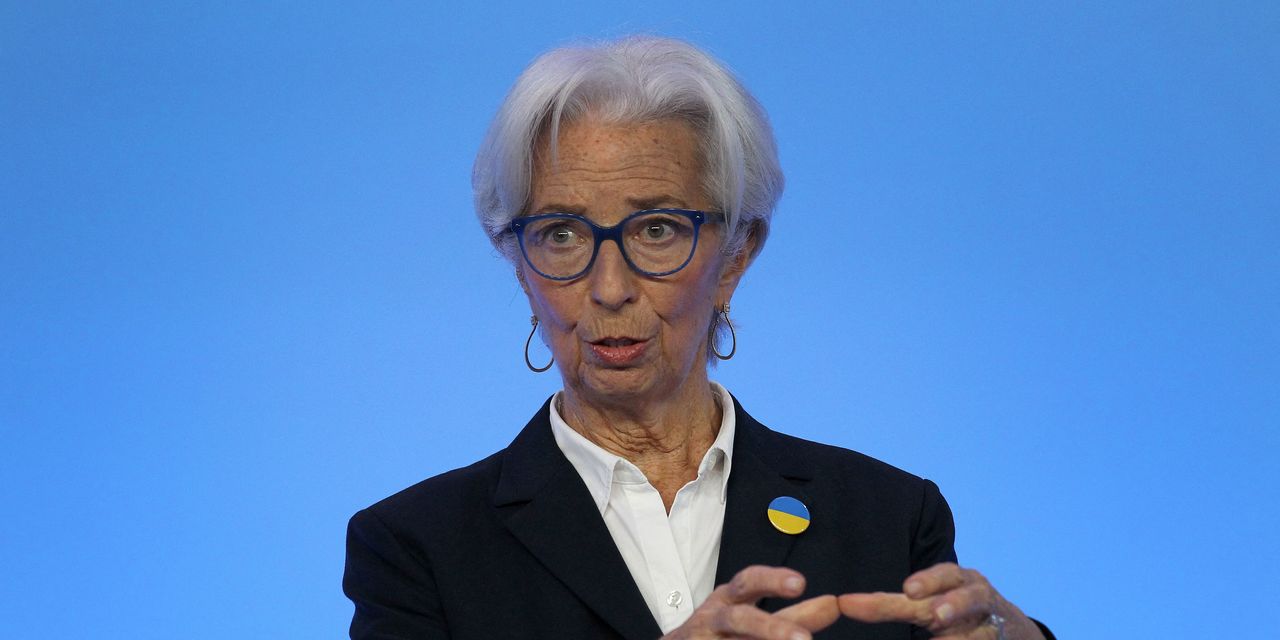The European Central Bank increased interest rates by a quarter-point on Thursday, following the Federal Reserve.
The move brings its main refinancing rate for the 20 countries sharing the euro to 3.75% from 3.5% and was in line with economists’ expectations.
That compares with the Fed’s key interest rate of a range between 5% to 5.25% after Wednesday’s quarter-point hike. Fed Chairman Jerome Powell said policy makers are prepared to do more but also left the door open to a pause.
In a statement with the decision the ECB said that “underlying price pressures remain strong. At the same time, the past rate increases are being transmitted forcefully to euro area financing and monetary conditions, while the lags and strength of transmission to the real economy remain uncertain.”
The ECB probably has more work ahead of it to quell inflation that has been more stubborn than hoped. In press conference, President Christine Lagarde reiterated her view from March that the inflation outlook “continues to be too high, and for too long.”
“We have more ground to cover and we are not pausing,” Lagarde said.
Earlier this week, data showed the euro zone inflation rate rose to 7.0% in April, up from a 6.9% in March. The core inflation rate came down to 5.6% in April from 5.7%.
That’s lower than the peak above 10% which was seen last year, but it is still significantly higher than the ECB’s 2% target. Lagarde waited until July last year to start raising rates, several months after the Fed began in March. While both started with rates around zero, the ECB hasn’t raised by as much as the Fed, either.
Still, the effects of higher borrowing costs are being felt. Demand for credit in the first quarter was the weakest since the 2008-09 financial crisis, the ECB’s Bank Lending Survey showed. Interest rates are now at the highest since 2008. This hike was the smallest yet in this tightening campaign.
The euro zone has so far been spared the banking turmoil that has hit regional U.S. lenders in recent weeks.
Credit Suisse,
which collapsed in March and is being taken over by
UBS
(ticker: UBS), provided a scare—but Switzerland isn’t a euro-member country.
The jitters can spread though.
Deutsche Bank
(DBK), Germany’s largest lender, briefly came under fire in the days after Credit Suisse’s demise as investors pondered whether other banks were also weak.
Lagarde also said that future decisions will be “data dependent.”
The ECB is now entering the “final stage” of the hiking cycle, said ING strategist Carsten Brzeski.
“In the current very complicated macro environment—with the lagged impact from previous hikes, banking turmoil, and subdued growth but still sticky inflation—the ECB will tread more carefully,” he said.
Write to Brian Swint at [email protected]
Read the full article here




